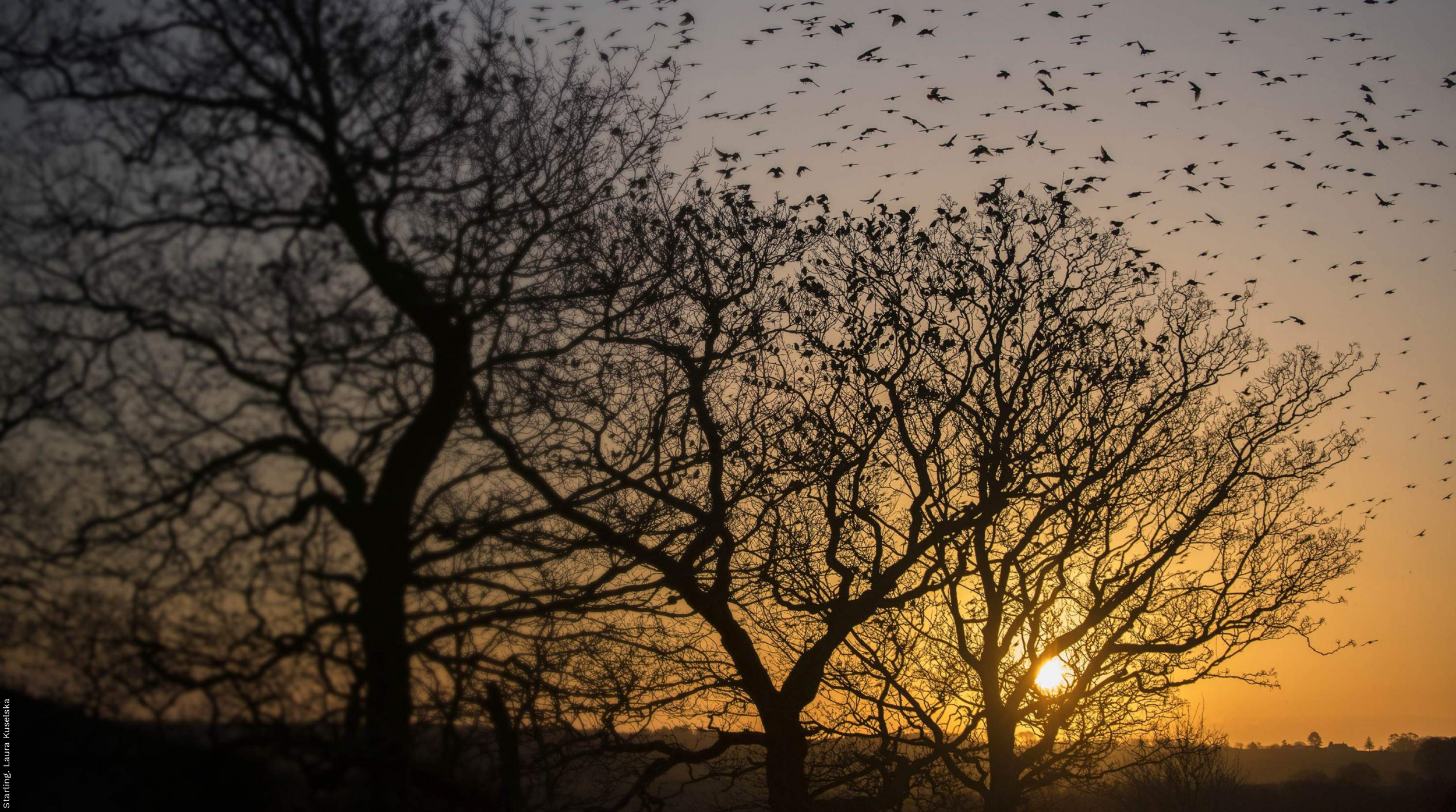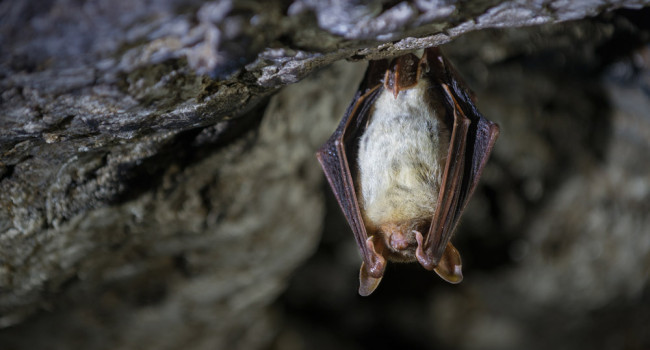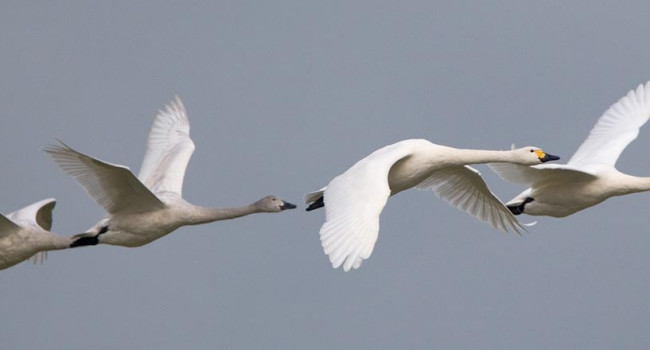Limited effectiveness of actions intended to achieve a voluntary transition from the use of lead to non-lead shotgun ammunition for hunting in Britain

Author(s): Green, R.E., Taggart, M.A., Pain, D.J., Clark, N.A., Clewley, L., Cromie, R., Green, R.M.W., Guiu, M., Huntley, B., Huntley, J., Leslie, R., Porter, R., Roberts, J., Robinson, J.A., Robinson, R.A., Sheldon, R., Smith, K.W., Smith, L., Spencer, J. & Stroud, D.
Published: March 2023 Pages: 8pp
Journal: Conservation Evidence Journal Volume: 20
Digital Identifier No. (DOI): 10.52201/CEJ20/OQWU5273
The SHOT-SWITCH project was set up to monitor the effectiveness of voluntary initiatives to move away from the use of lead shot in game shooting. In the study’s third season, reported here, 94% of Pheasants sampled had been killed using lead ammunition, a slightly but significantly smaller proportion than in the preceding two seasons. There is currently no evidence that voluntary initiatives to promote the replacement of lead with non-lead ammunition by suppliers and retailers of wild-shot game are working.
Abstract
In 2020, UK shooting and rural organisations pledged to achieve a voluntary transition from the use of lead shot ammunition to non-lead alternatives for hunting by 2025. The SHOT-SWITCH research project was set up in 2020 to monitor progress towards this aim by examining the proportions of wild-shot common pheasants Phasianus colchicus available to consumers in Great Britain which had been killed using lead and non-lead shot. In the study’s third season, 2022/2023, 94% of pheasants sampled had been killed using lead ammunition. Although still the vast majority, this is a slightly but significantly smaller proportion than in the preceding two seasons (both >99.5% lead). We found no evidence of any effect of recent voluntary initiatives to promote the replacement of lead with non-lead ammunition by suppliers and retailers of wild-shot game.
Staff Author(s)








Share this page